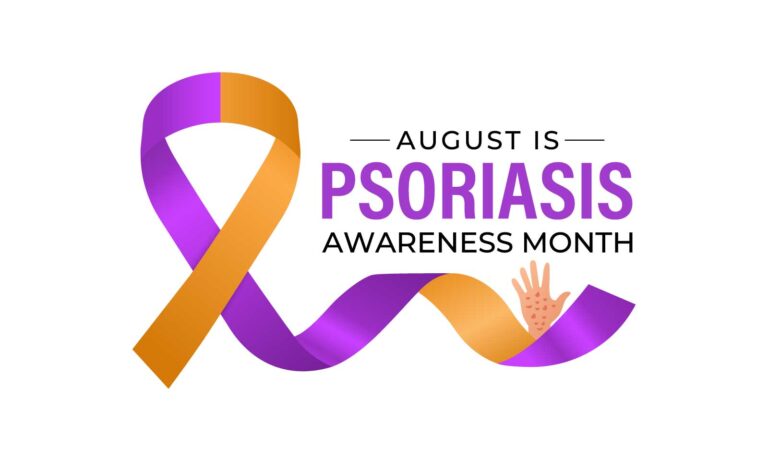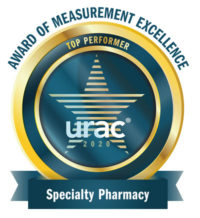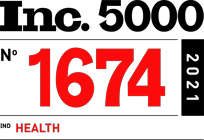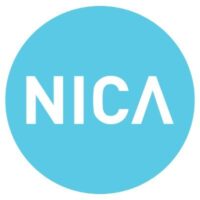February is Heart Month. Beyond Valentine’s Day, it’s the time of year we bring awareness to:
- Heart disease
- Best-practice prevention protocols
- Heart disease medications and drugs to avoid
- Dosing factors and
- Solutions for simplifying medication adherence
There is a Difference between Coronary Artery Disease (CAD) and Coronary Heart Disease.
Patient’s often interchange the terms Coronary Artery Disease (CAD) and Coronary Heart Disease (CHD). However, CAD and CHD are different.
- CHD is the result of CAD, which is plaque growth within coronary artery walls. Plaque builds until it limits blood flow to the heart’s muscle
- CAD begins in childhood; and by teenage years, there is evidence it stays for life in most people
The bottom line CAD is preventable. Proactive measures instituted early have greater lifetime benefits.5
Best-Practice Prevention
Men aged 45 and older, post-menopausal women, and family histories of heart disease are examples of risk that increase the likelihood of heart disease. Proper nutrition, weight management, exercise, and stress management habits developed during childhood can delay progression of CAD.1 Data also suggests that heart-healthy lifestyle changes made later in life can regress CAD before it turns to heart disease.
Which Drugs Are the Right Ones?
In addition to lifestyle habits, there are six drugs that aid patients with CAD and CHD. These include:
- Statins
- Aspirin
- Clopidogrel bisulfate
- Warfarin sodium
- Beta-blockers, and
- ACE inhibitors
The American Heart Association’s Cardiac Medication List lists drug uses and vital information to discuss with your doctor and pharmacist.
Be Safe
With flu complications and fatalities making daily headlines, it is essential to be familiar with medication safety for CAD and CHD. Some medications can cause adverse reactions such as increased blood pressure or can prevent heart medications from working as efficiently as they should.2 At every doctor visit, provide a list of all medicines; both prescription and over-the-counter. Seek advice from both doctors and pharmacists before taking over-the-counter medications, homeopathic remedies, vitamins, or other nutritional supplements.
Simplify Medication Management
Medication management errors contribute to 65% of all hospital readmissions and add to the deaths of more than 125,000 Americans each year. Patients with complicated chronic conditions such as CAD or CHD need a higher level of medication management and adherence support. Medication management solutions simplify the management and adherence to multiple medications, their doses, instructions, and rules. Drugs can’t do their job if not taken correctly. Working with doctors and pharmacists together ensures all prescriptions prescribed do not contain ingredients that are risky people with CAD or CHD.
Living A Full Life with A Healthy Heart
Heart disease does not discriminate. Women, men, young and old, ethnicity, genetics and family history all play a role in considering which medications and doses are needed to treat and manage heart disease accurately.3
Understanding heart disease and the role medication management plays means the difference between hospital readmission and the choice of healing at home and living a full life with a whole heart.
Sources
- Coronary Artery Disease-Coronary Heart Disease, American Heart Association, heart.org, April 26, 2017.
- What Drugs Should I Avoid if I Have Heart Disease?, WebMD Medical Reference, Reviewed By, Suzanne Steinbaum, MD, on October 29, 2017
- Sex Matters, 60 Minutes, CBS, Correspondent Lesley Stahl, February 9, 2014
- Medication Effects Women, Prevention, Sarah Klein, October 8, 2105
- http://www.heart.org/HEARTORG/Conditions/More/MyHeartandStrokeNews/Coronary-Artery-Disease—Coronary-Heart-Disease_UCM_436416_Article.jsp#.WnnVoGaZOL8















